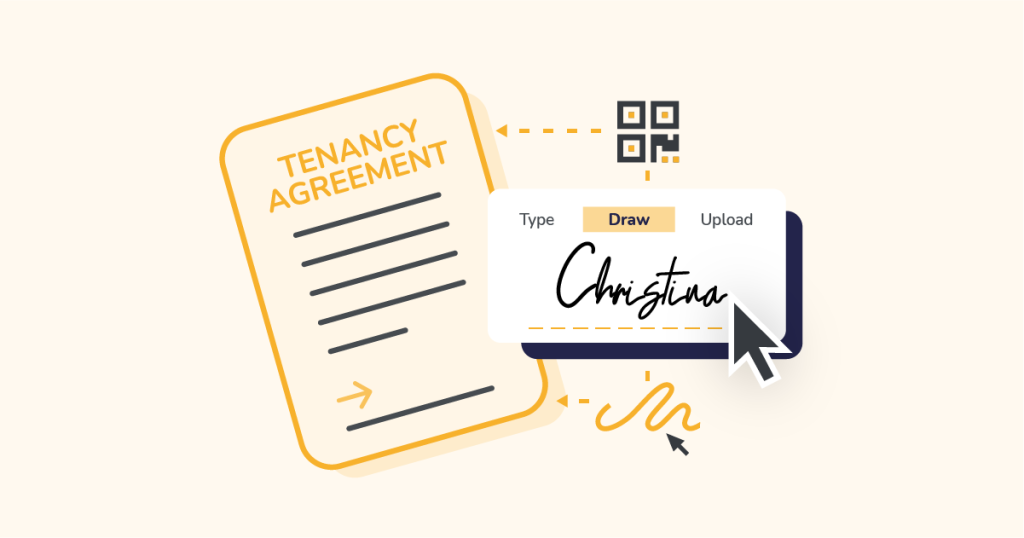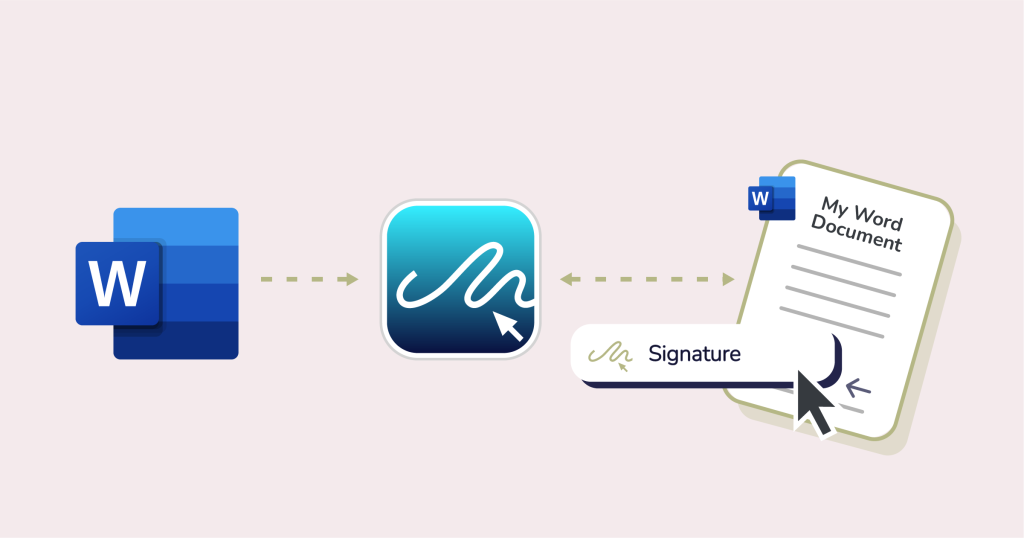Are Your eSignature Processes GDPR-Compliant? A Guide for Finance
Posted 10 September 2025
As digital workflows and remote finances continue to increase, security and data protection have never been more important in the financial sector. Electronic signatures have many benefits for organisations looking to save time and increase efficiency.
Read
FILTER BY

Digital Transformation
8th May, 2025
Businesses can Save $1m in Costs with Workflow Automation
Read More
Resources
28th Apr, 2025
How to Negotiate Successfully: The Do’s and Dont’s of Contract Negotiation
Read More
Industry
24th Apr, 2025
How to Write a Tenancy Agreement: The Ultimate Guide for Landlords
Read More
Support
24th Apr, 2025
How to Insert an Electronic Signature in Word: A Step-by-Step Guide
Read More
Digital Transformation
15th Apr, 2025


















